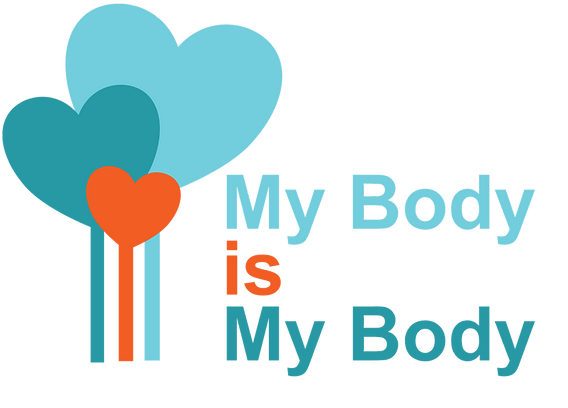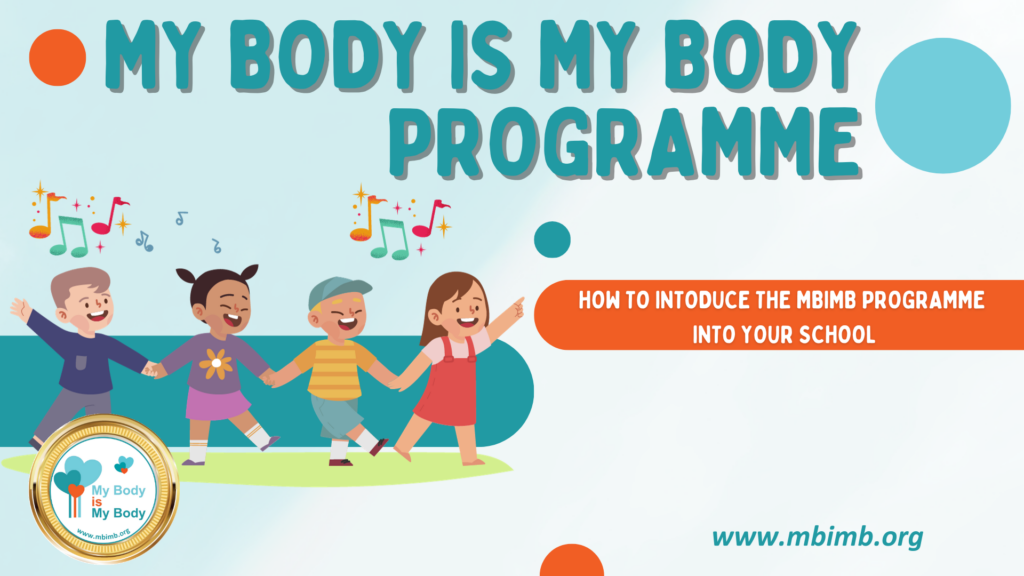How to Introduce the My Body is My Body Programme into Communities

The importance of educating both adults and children using the
“My Body is My Body Programme”
Imagine a world where children are empowered, safe, and equipped with the knowledge to protect themselves from abuse. This is the vision of the My Body is My Body Programme, a revolutionary initiative that is transforming communities worldwide. Through the power of music, engaging activities, and animated videos, this free, internationally acclaimed body safety programme educates children on crucial topics while sparking meaningful conversations. But how can we bring this impactful programme into our communities and ensure its effectiveness? Let’s dive into the key steps and strategies.
27 ProgrammeLanguages
Enhancing Community Interaction: Fostering Open Conversations
Communities play a vital role in safeguarding children, and the My Body is My Body Programme thrives on community involvement. By initiating conversations about child abuse prevention, we create a supportive network that protects and empowers our children. Parents, teachers, social workers, and all those working with children can become ambassadors of this vital knowledge. Hosting workshops, seminars, and parent-teacher meetings centered around the programme can effectively introduce its concepts and generate awareness.
Learn how to present our programme with our FREE Courses

Building a Safe Space for Discussion:
Tackling Peer Pressure and Bullying
In today’s society, children face various challenges, including peer pressure and bullying. The My Body is My Body Programme equips children with the tools to identify potentially harmful situations and ask for help when needed. By integrating the programme into schools, afterschool programs, and sports clubs, we create safe spaces for children to discuss their experiences openly. Encourage dialogue about the emotional impact of peer pressure, teach assertiveness skills, and guide children in setting personal boundaries. Together, we can empower them to navigate these challenges confidently.
Click here to download our wonderful resources
Ensuring Trustworthy Support:
Creating Channels for Communication
Children need to know who they can turn to when they face problems. Our programme emphasizes the importance of identifying safe adults and encourages children to speak up. Teachers, parents, and social workers should actively listen and foster an environment of trust, where children feel comfortable sharing their concerns. By establishing open lines of communication, we ensure that children receive the support they need promptly.
Find out about our worldwide Ambassadors
Nurturing Emotional Intelligence:
The Power of Feelings
Understanding and acknowledging feelings is a crucial aspect of child safeguarding. The My Body is My Body Programme encourages children to recognize and listen to their emotions. Through classroom discussions and engaging activities, children explore a wide range of feelings, realizing that they are not alone in their experiences. Drawings, games, and sharing personal anecdotes help children identify and express their emotions effectively.
We have a list of worldwide Helplines
Breaking the Silence:
Encouraging Children to Speak Up
In the My Body is My Body Programme, children learn the significance of not keeping secrets, especially when someone is hurting them. By fostering an environment where open communication is encouraged, children feel empowered to share their experiences. Through age-appropriate discussions, children gain the confidence to speak up and seek help when they encounter uncomfortable situations. Let us remind them that their voices matter and that they have the right to be safe.
Check out our Monthly Newsletters
Empowering Communities, Protecting Children

The My Body is My Body Programme is a beacon of hope in the realm of child safeguarding. By implementing this engaging and impactful initiative in our communities, we open doors to crucial conversations, equip children with essential knowledge, and create a network of support. Together, we can break the silence surrounding child abuse, empower children to protect themselves, and foster a safer and more compassionate society. Let us embrace this programme, uplift our communities, and ensure that every child’s body remains their own.
Find out about our partners and supporter
ISPCAN
Rotary International
Global Goodwill Ambassadors





I completely agree with every word of this. I was always very interested in my son’s days at school as I always wanted to support and help him. My son was always well behaved, intelligent and had very good manners. James often happy to help others who were struggling. Unfortunately jealousy from others can become very hurtful to the mind and body. I always noticed when things just didn’t seem right after schooldays. I encouraged him to talk about it and reassured him with kind words to make him feel mentally and emotionally stronger. Telling the teachers never seemed to help as the bully’s mother was a school governor. My husband and I mentioned it during parents evenings but to no avail. I also arranged for my son to have lessons in karate, the self defence sport. That worked so well. For the first time ever after hurting my son and being hurt back, the bully and my son were sent to see the headmistress. They were both told off but after that the bully stopped picking on any children. Everyone became much happier. Self defence is definitely the key towards becoming respected more.
New way of learning